The game’s up ... Truss runs out of credit in real-life Monopoly
As a child, Liz Truss had to win at Monopoly or she’d quit. Looking at her career, it’s now clear there was always more promise than delivery, more image than substance.
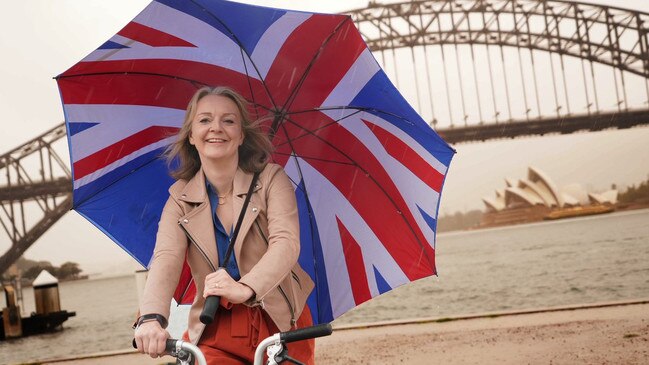
Francis Truss unwittingly foretold how his sister’s political career would end as he recalled her behaviour around the Monopoly board as a child in Leeds.
“She had to win,” he said. “She would create some special system on how to win and then if she was losing, she might disappear rather than lose.”
When Liz Truss rolled the dice on the UK economy and landed on a wildly expensive Bond Street last month, she fired her chancellor and vanished, leaving others to calculate the mortgage costs. “I’m a fighter not a quitter,” she claimed when required to reappear after the briefest of apologies for a failed economic experiment that looks certain to damage the Conservatives for decades to come.
Until six weeks ago it looked like she had the winning touch. She entered No 10 as the third female prime minister, inheriting a majority of more than 70 seats. Reviewing her career, however, it is apparent there was always more promise than delivery, more image than substance, and a strong tendency to avoid admitting defeat.
Her past as a Liberal Democrat activist is well known, thanks in part to her call at a party conference for the abolition of the monarchy. She was rebuked for this stunt but it helped set another distinct pattern.
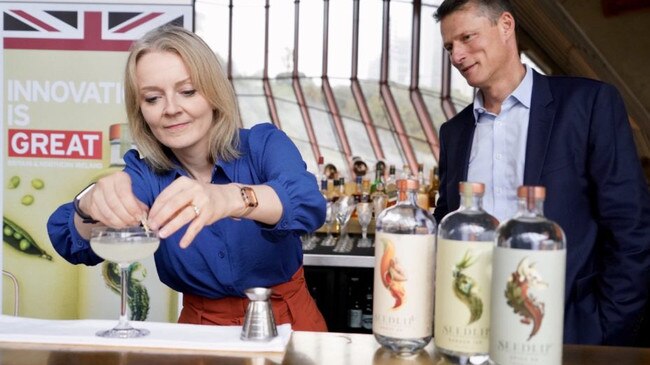
Her conversion to Conservatism came when, having graduated from Oxford in 1996 with a degree in philosophy, politics and economics, she worked first for Shell and then Cable & Wireless. Her first tilt at a seat, Hemsworth, in 2001 convinced the party to hand her a crack at the more winnable Calder Valley in 2005. But she fell short. David Cameron put her on his A-list of candidates as he tried to make the party more reflective of the electorate at large.
She initially struggled to be selected and the exposure of an extramarital affair with Mark Field, the MP who was to mentor her, didn’t help her search for a safe berth.
She convinced her constituency of South West Norfolk that her failure to disclose the affair at her selection was not a breach of good faith but a mistake.
She made rapid progress over the next five years, establishing herself on the right of the party. Along with Kwasi Kwarteng and Dominic Raab she championed a free enterprise, low-tax brand of Conservatism.
It may have been authentic. After all she had been a deputy director of Reform, the right-leaning think tank. But it was also clever positioning. She saw that after coalition with the Lib Dems her party would yearn for purity.
Truss could see there would be a market for Tories who kept some aspects of Cameron’s modernisation – she has consistently supported gay marriage and acknowledged climate change – while cleaving to its Thatcherite economic heritage.
She co-authored a book with some of her fellow libertarians called After the Coalition and another, Britannia Unchained, claimed that UK workers are the “worst idlers in the world”.
After two years as an MP, Cameron installed her as a junior minister in Michael Gove’s education department.
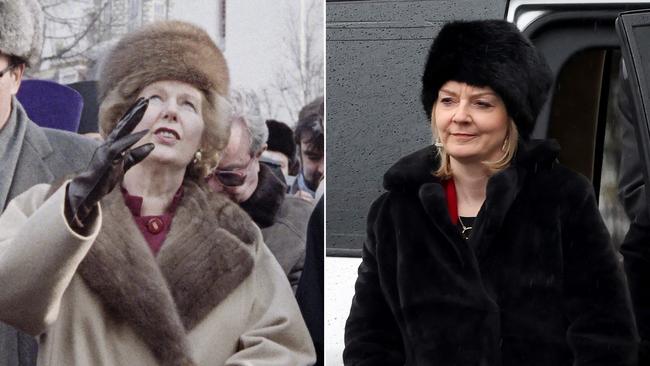
It was the start of a bitter enmity between the pair. She was frustrated in her attempt to increase permitted staffing ratios to cut childcare costs. Gove’s sidekick Dominic Cummings called her the “human hand-grenade”.
In 2014 she entered the cabinet as environment secretary. She has attended cabinet ever since until her ejection from No 10 – an extraordinary record and a testament to her ability to navigate the heights of Tory politics. She managed to emerge from Brexit virtually unscathed having backed the losing side. A network of allies and media backers helped her nurture a reputation as a “rising star”.
In 2016 she became the first female Lord Chancellor in 1,000 years. But the novelty counted for little when a prisons crisis blew up and she came under pressure for failing to defend the independence of the judiciary.
When the Daily Mail criticised judges who ruled parliament should vote on the form of Brexit as “enemies of the people”, Truss went missing.
Theresa May demoted her after she lost her Commons majority, putting her under Philip Hammond as Treasury chief secretary. As justice secretary she was in charge of a complex department charged with the delivery of a public service. She left no conspicuous legacy.
Those who know her well say this reverse led her to recalibrate her outlook. She determined to take more risks and enjoy the ride. Frozen out of important decisions by Hammond and Tom Scholar, his permanent secretary whom she sacked on her first day in charge, she instead worked on her image. A keen student of US politics, she saw the power of image-based social media platforms such as Instagram to create a political brand.
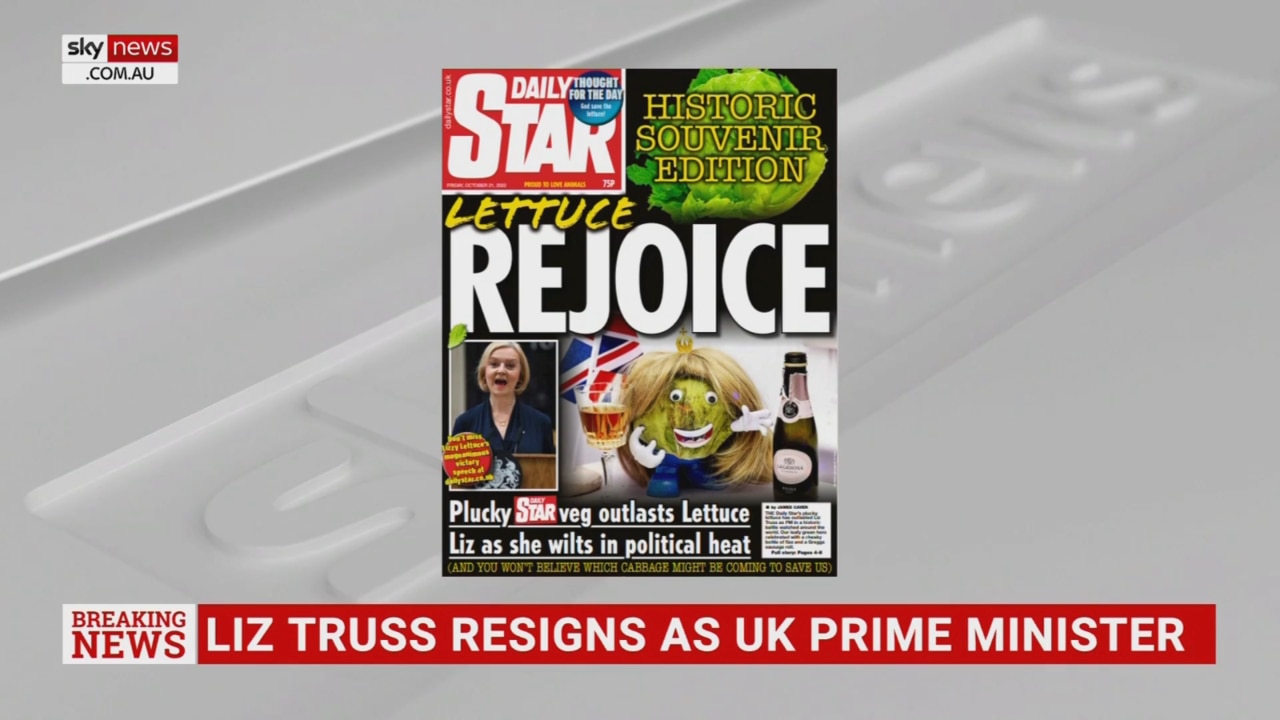
She regarded herself as the spokeswoman for a generation of voters that valued personal liberty. In a recent article in the New Statesman, Jeremy Cliffe draws out Truss’s deep links to libertarian outfits on both sides of the Atlantic, noting a speech she made to the Cato Institute in 2018 in praise of the “Uber-riding, Airbnb-ing, Deliveroo-eating freedom fighters”.
When May was driven out a year later, Truss considered running for leader, but chose to support Boris Johnson hoping she would be rewarded with the chancellorship. He made her, instead, international trade secretary.
Just as before she made the best of an indifferent job, aggressively promoting “global Britain” (and herself) with every trade deal concluded no matter how routine or inconsequential. She adapted quickly to a political culture that thought “boosterism” a compliment.
With his back against the wall after the Owen Paterson debacle, Johnson replaced Raab as foreign secretary with Truss as the centrepiece of the “reset” reshuffle. This was, at last, the big cabinet role that she felt was her due.
The invasion of Ukraine by Russia four months later made it more consequential as the UK and Johnson emerged as Kyiv’s strongest backers. Truss was edged out of the picture as Johnson clung to Ukraine as his last hope of staving off MPs determined to get rid of him. Her most memorable contribution was to encourage UK citizens to fight in the conflict – a misstep she had to correct later.
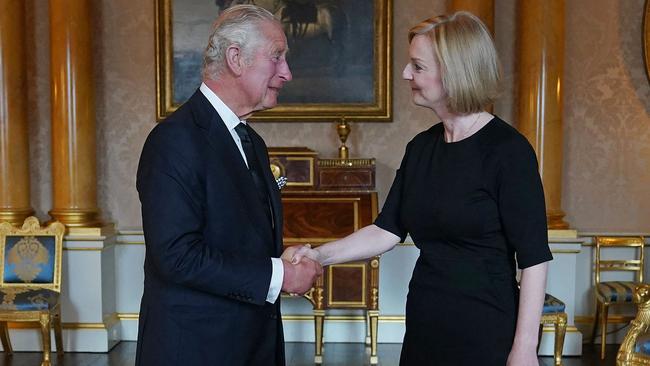
Ever the canny operator, Truss left it to others to criticise Johnson, most notably Rishi Sunak. With heavy media backing she became the Tory right’s choice to stop Sunak.
The dynamics of the leadership race played to her short-term advantage – but also to her ruin. Sunak’s message of fiscal conservatism looked like dour defeatism to a party conditioned by Johnson to expect a land replete with Brexit benefits. She became glued to her promise of immediate tax cuts.
A wiser politician, having won the base on a false prospectus, might have pivoted to the electorate. Sir Keir Starmer ripped up Jeremy Corbyn’s agenda after promising to continue his predecessor’s legacy.
Truss, however, believed her own rhetoric. As her brother might have put it, she thought she had a “special system”.
Encouraged by her supporters on the libertarian right, she implemented a tax-cutting budget she thought would fire the engines of UK growth and power the Tories to another election victory. The woman who “had to win” instead leaves office as Britain’s shortest-serving prime minister, her project and reputation in ruins.
Game over.
The Times

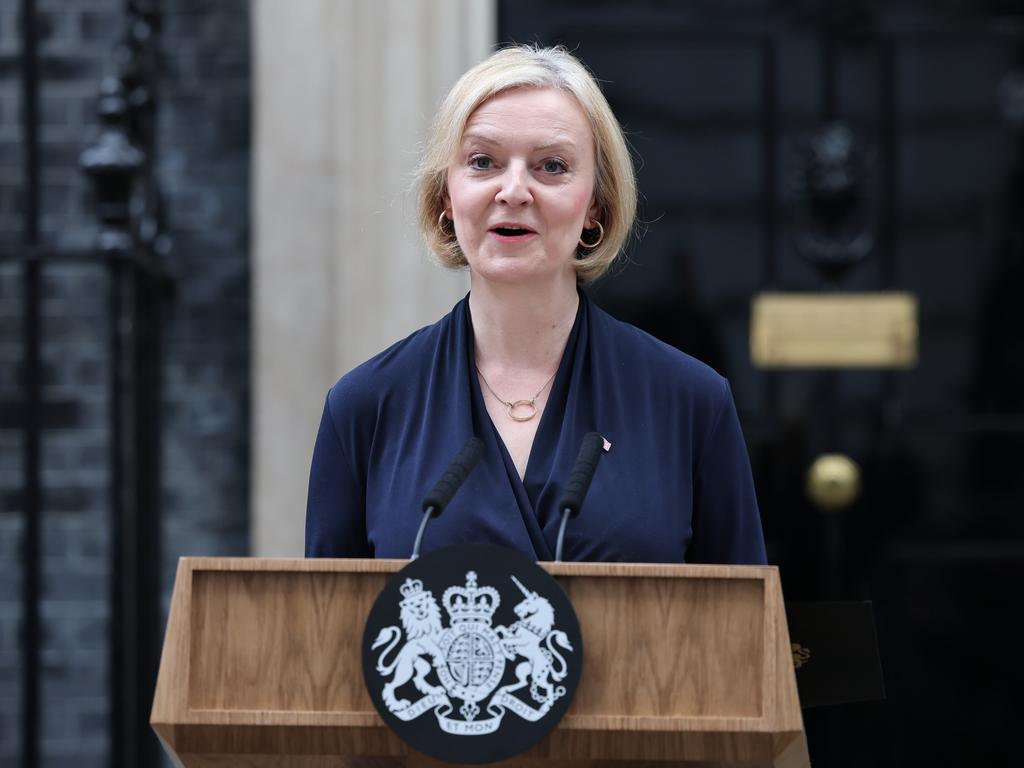

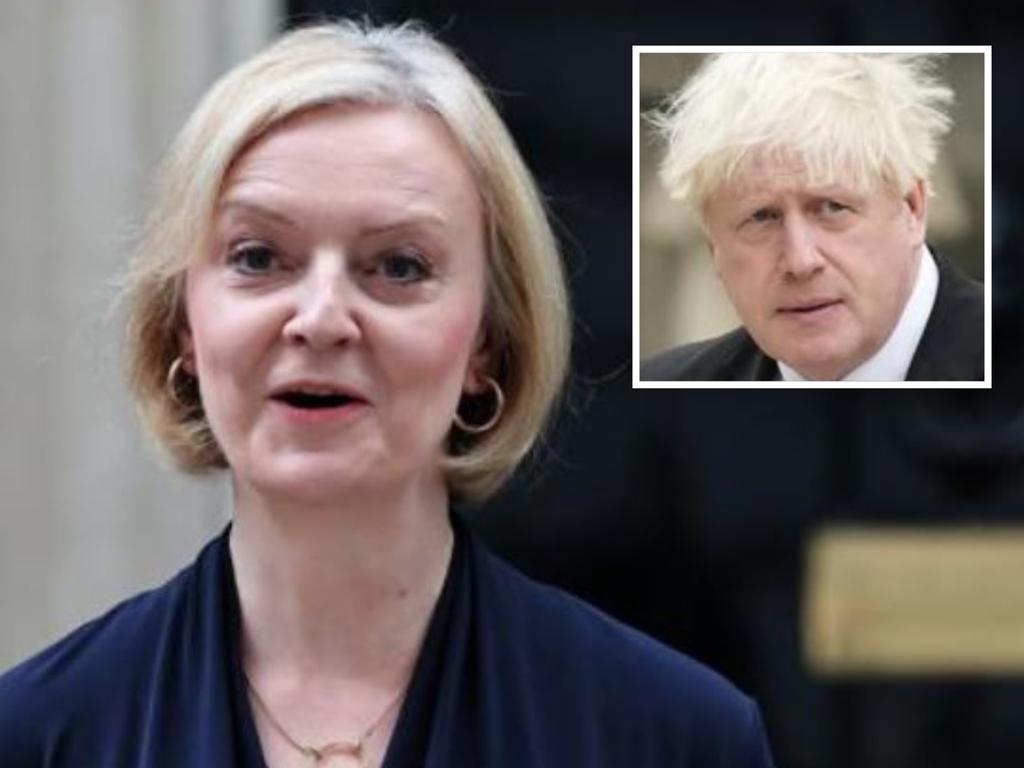

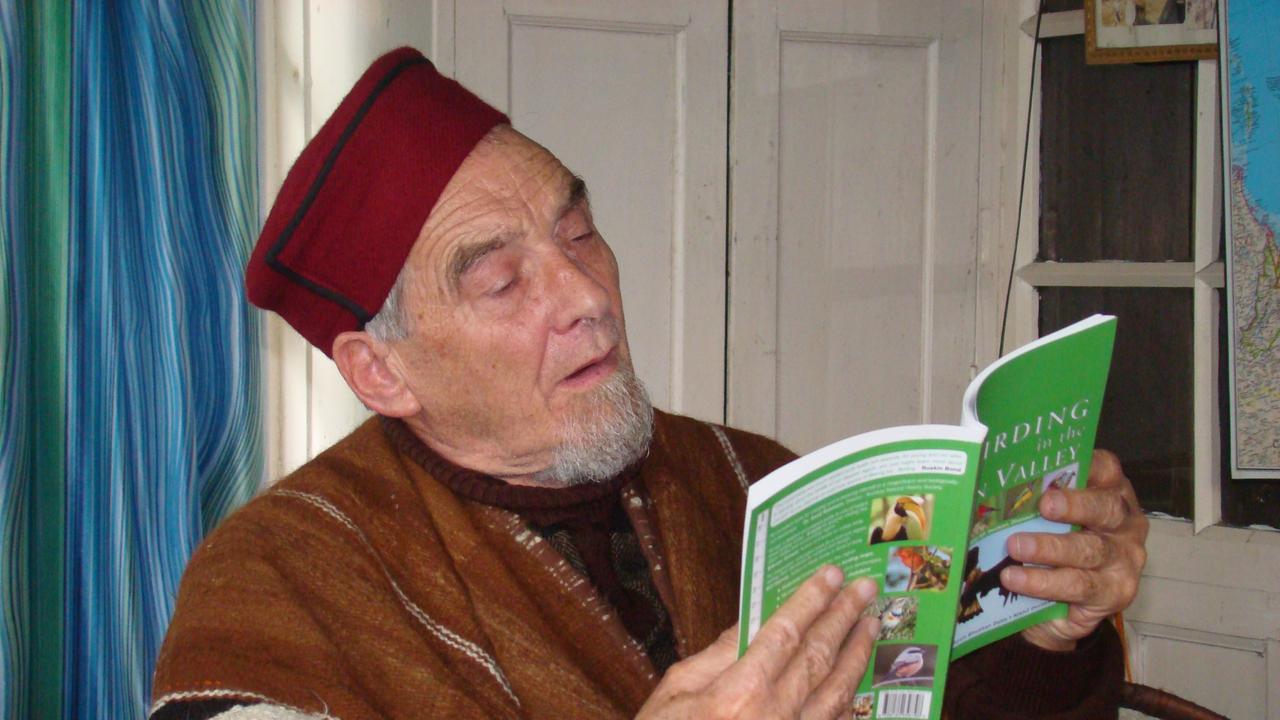

To join the conversation, please log in. Don't have an account? Register
Join the conversation, you are commenting as Logout